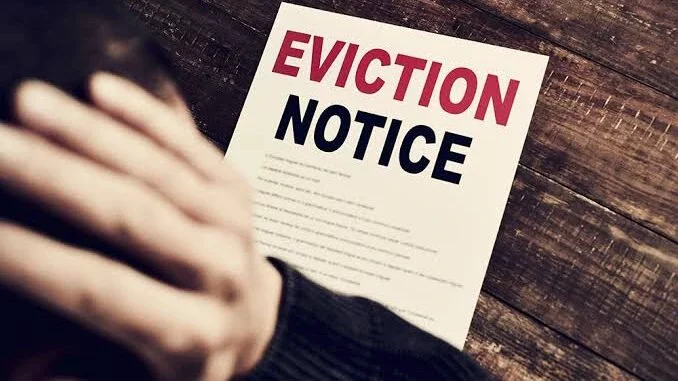
1. Familiarize Yourself with Local Laws:
Each jurisdiction has its own set of laws and regulations governing landlord-tenant relationships and evictions. It is crucial for landlords to thoroughly research and understand these laws, including the specific grounds for eviction, notice requirements, and any procedural guidelines. Ignorance of the law can result in unnecessary delays or even legal repercussions.
2. Communicate and Document:
Before resorting to eviction, landlords should attempt to resolve any issues with the tenant through open communication. Discussing the problem and potential solutions can help clarify misunderstandings and find mutually agreeable resolutions. It is vital to document all communication, including dates, times, and content, as this can serve as evidence later if needed.
Carefully review the lease agreement to understand the rights and obligations of both parties. Pay close attention to provisions related to non-payment of rent, lease violations, or other breach of contract situations that may warrant eviction. Having a well-drafted and legally sound lease agreement can simplify the eviction process.
4. Serve Proper Notice:
In most jurisdictions, landlords are required to serve a written notice to the tenant before initiating an eviction. The notice must comply with local laws and clearly state the reason for eviction, the time given to rectify the issue (if applicable), and the consequences of non-compliance. Failure to serve proper notice can result in the eviction case being dismissed.
5. Seek Legal Advice:
If you are unsure about the eviction process or face complex circumstances, it is prudent to consult with a qualified attorney who specializes in landlord-tenant law. They can provide valuable guidance, ensure compliance with local laws, and help navigate potential legal challenges.
6. Follow Proper Legal Procedures:
Once the notice period has expired, and if the tenant has not resolved the issue or vacated the property, landlords can proceed with filing an eviction lawsuit or taking the necessary legal steps prescribed by local laws. It is essential to follow the correct legal procedures and maintain proper documentation throughout the process.
7. Mitigate Potential Risks:
Eviction can be a time-consuming and costly process for landlords. It is important to consider the potential financial implications, such as legal fees, lost rental income during the eviction process, and potential property damage. Taking preventive measures, such as thorough tenant screening and periodic inspections, can help minimize the likelihood of facing eviction situations.

















Comments